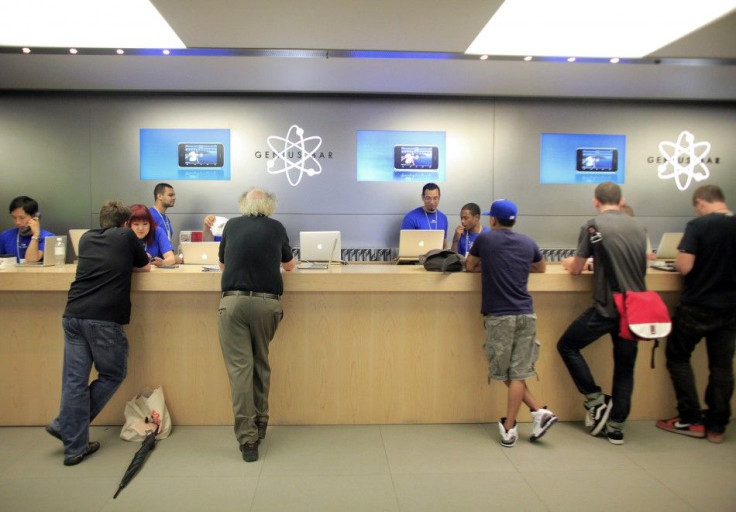Apple Independent Repair Program Contract Designed To Establish Control, Report Shows

KEY POINTS
- Apple launched the Independent Repair Program last year to serve consumers far from any Apple Store
- A report reveals that the program is actually meant to give Apple more control over repair shops
- The program's contract is so invasive that some repair shops opted out of it
Apple has a reputation for making it hard for consumers to get their iDevices repaired easily by themselves or by non-Apple Authorized Service Providers (AASP). With the exception of the current Mac Pro, Cupertino's devices aren't really user-serviceable, and are best repaired or replaced by Apple's own technicians or stores.
Last year, Apple sought to change the way people looked at it by launching the Independent Repair Program – a program that will allow indie repair shops to receive the same training and be given access to the same parts and components that technicians in AASPs use when repairing iDevices.
Apple's chief operating officer Jeff Williams said the reason for this program was so that consumers who use iDevices will find it easier to get their iPhones, iPads, and other iDevices serviced even if they're far from any AASP or Genius Bar.
“To better meet our customers’ needs, we’re making it easier for independent providers across the US to tap into the same resources as our Apple Authorized Service Provider network,” Williams said at the time.
A report from Vice, however, revealed that this isn't really the case. According to a source who spoke to Vice's Motherboard, the Independent Repair Program is so invasive that some indie repair shops chose to opt-out of it. Those who opt-in can even be made to pay Apple huge amounts of money for some reason.
How is that possible?
According to the contract that indie repair shops have to sign to be part of the program, indie repair shops who wish to join must give Apple the right to audit and inspect their business without any prior announcement. This is so that Cupertino will be able to ascertain that the indie shops included in the program will use nothing but Apple-certified parts and components.
While that might not sound bad, the contract also demands that indie repair shops in the program must explicitly inform customers that they are not AASPs using a “prominent and easily visible written notice.” A right-to-repair advocate, speaking with Vice, said this is like telling repair shops to advertise against itself every single time a customer arrives.
Furthermore, shops that are found to use “prohibited” parts will be imposed fines and will even be required to reimburse Apple for the cost of investigating their businesses.
That doesn't end there. The contract also states that participating shops should allow Apple to interview their customers. They are also required to “maintain an electronic service database” that includes customers' names, phone numbers, physical addresses and email addresses. Apple will use the information in the database to assist in its investigations.
Those who are interested to read the report can should click here.
© Copyright IBTimes 2025. All rights reserved.





















